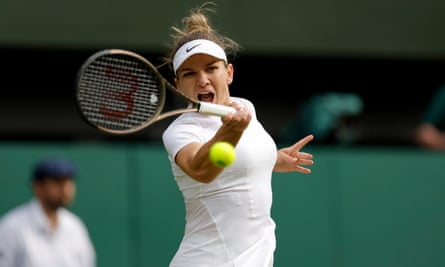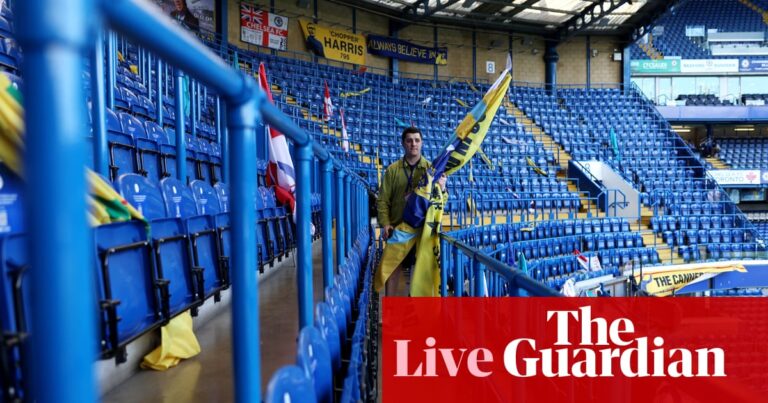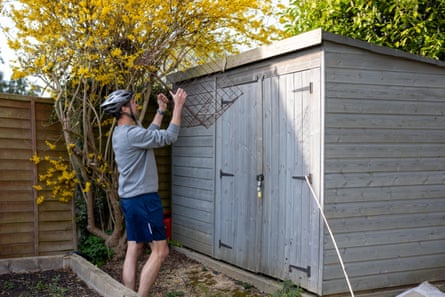In the end, then, everyone got something they wanted. For Jannik Sinner, the three-month ban he has accepted from the World Anti-Doping Agency (Wada) is less than he might have received had he let the appeal go the natural distance. While he will miss almost nothing of note, at least in terms of grand slams, since the world No 1 will be free to return in early May, ready for the French Open and a shot at a third successive major title and fourth in total.
For Wada, Sinner’s partial admission of responsibility holds up a key part of the anti-doping programme: that an individual is responsible for what goes in their body, a responsibility that extends to their entourage. And for the sporting world at large, it’s something of a rebuttal to those who say the superstars get preferential treatment.
Having the recently crowned Australian Open champion receive a drugs ban is not a good look for the sport, of course, but it could have been a lot worse. In appealing against the original decision by the International Tennis Integrity Agency (ITIA) not to ban Sinner, Wada said it was seeking a ban of at least a year. The three-month settlement means it will be out of the way before the next grand slam begins at Roland Garros in May.
Sinner will be breathing a big sigh of relief, no doubt. A lengthy ban would have been a heavy weight to bear for something that he, the ITIA and Wada all agreed was not his personal fault. If the explanation given – that the clostebol accidentally entered the Italian’s system via contamination from a medicine used by his physio to treat a cut finger – seemed a little fanciful, few inside tennis believed that Sinner had actually tried to cheat.
Indeed, had there been a provision in the original case for a three-month ban to be issued, Sinner might have settled for that, too. It would have allowed him to say: ‘OK, I know I did nothing wrong myself, but appreciate that my entourage did and accept my fate.’ As it was, the panel that judged the case was restricted to handing out a minimum 12-month ban if it felt he was guilty.
That, too, was surely a factor in the Wada settlement. From 2027, more flexibility will be shown to those who fall foul of contamination in doping cases.
Panels will be allowed to issue bans of 0-24 months, offering the likelihood that those who can prove their doping sample was the result of a contamination will receive shorter bans. It’s a safe bet Sinner’s lawyers were stressing that point.

The settlement will have done little to appease the feeling among some other players, however, especially Simona Halep and Britain’s Tara Moore. Both players were also the victim of contamination: Sinner was treated with greater kindness than they were.
The cases of Halep and Moore were significantly different to that of Sinner, more complicated and requiring more assessment, but it’s also true that Sinner, as the world No 1 and a rich man, had the luxury of being able to call on a team of lawyers immediately.
Throughout the entire case, Sinner has done a decent job of answering every question asked of him in press conferences, something that may sound like a given, but which nevertheless helps him in terms of the way he is perceived by people inside and outside tennis.
All the way through, he has suggested the reason he has been able to continue to play his best tennis has been because his conscience is clear, that he personally had done nothing wrong.
With the doubt lifted from his shoulders, it seems likely Sinner will continue to be the man to beat. The Italian lost six matches in 2024 and began this year in brilliant fashion, winning the Australian Open to claim his third major.
Three months off might halt his momentum but it might also allow for recovery after an intense period on and off the court. The chances are that when he does return – most likely at the Rome Masters in May – he will do so with his head clear and body rested, which spells bad news for his rivals.
Source: theguardian.com



















